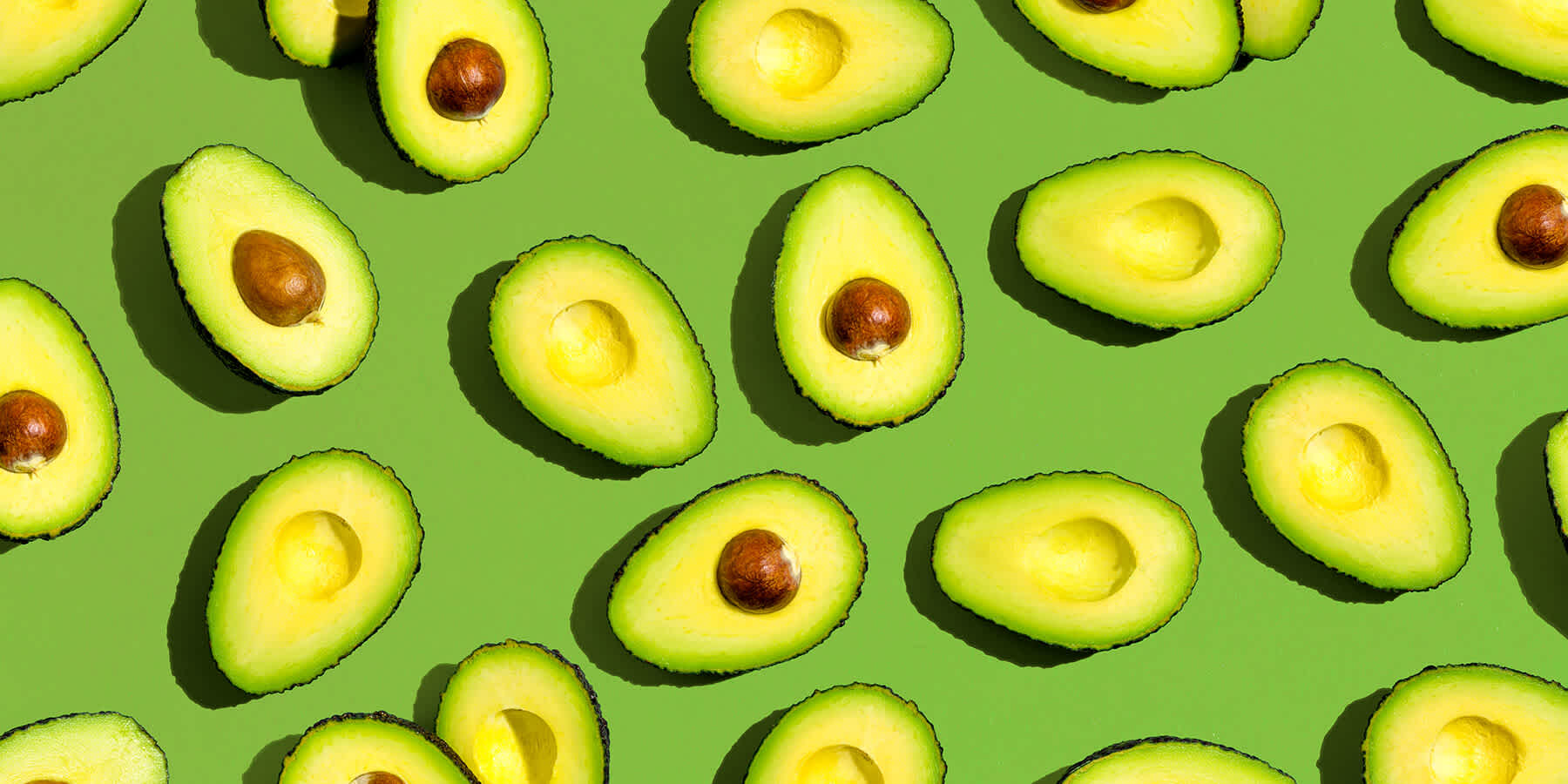
Healthy Fats You Should Be Eating
Fat = bad. Sounds simple, right? We’ve been led to believe all our lives that fat is harmful to our health which is why brands in the food industry have produced plenty of processed foods claiming to be “low in fat!” for years. However, not all fats are the same. For example, trans fats—often listed as “partially hydrogenated oils” on labels—have a bad reputation for good reason. Created using an industrial process that adds hydrogen to liquid vegetable oils to make them more solid, these fats have been repeatedly linked to heart disease and can cause an increase in bad cholesterol and inflammation. (Check in on your inflammmation levels from the convenience of home with the EverlyWell Vitamin D and Inflammation Test.)
Saturated fat, on the other hand, is not the danger you might have been led to believe. Healthy saturated fats from high-quality, minimally processed animal and vegetable sources provide sustained energy for the body, as well as serving as the building blocks of cell membranes and hormones. We’re sure the low-fat, high-carb mantra of the 80s and early 90s meant well, but it missed the mark. In recent years, science has shown that fat is actually your friend. In fact, eating enough healthy fat is what makes you feel full, allows for the absorption of fat-soluble nutrients like vitamins A, E, D and K, and nourishes your brain.
Getting enough good fats from both saturated and unsaturated sources can make a difference in how you look and feel. Here are a few of our favorite options:
Avocado
Unlike most other fruits, which are high in carbohydrates, avocados are three-quarters fat. Eating this kind of monounsaturated fat has been shown to raise levels of good cholesterol while lowering the bad. Even though avocados are high in fat and calories, one study showed that people who eat avocados tend to weigh less and have less belly fat than those who don’t. Try spreading avocado on sandwiches (instead of mayo) as a new way to eat it, or even blend it with herbs and lemon juice to make a creamy salad dressing.
Coconut Oil
Coconut oil is a good source of both natural saturated fat and medium-chain fatty acids, which are easy for the body to store as energy and can improve brain and memory function. Coconut oil also contains a hefty dose of lauric acid, which has antiviral and antibacterial properties. A healthy teaspoon dose can easily be added to your morning smoothie, or you can use in place of other oils when cooking. Give it a shot!
Nuts
Packed with healthy fats, protein and fiber, nuts are also high in vitamin E and magnesium. Research has shown that nut eaters are generally thinner, have a reduced risk of heart disease and are less likely to develop type 2 diabetes. Since nuts are high in calories, try to resist mindlessly snacking on them and keep serving size in check. A 200-calorie serving of almonds is about 29 nuts, while it only takes 8 walnuts to meet this mark.
Salmon
Wild-caught salmon is a great source of DHA and EPA, two omega-3 fatty acids that can reduce inflammation and lower the risk of heart disease and some cancers.
Trout, mackerel and sardines are other great sources of these healthy fats. Instead of chicken or tuna, try salmon salad made with yogurt in place of mayo, along with herbs, Dijon mustard and sunflower seeds.